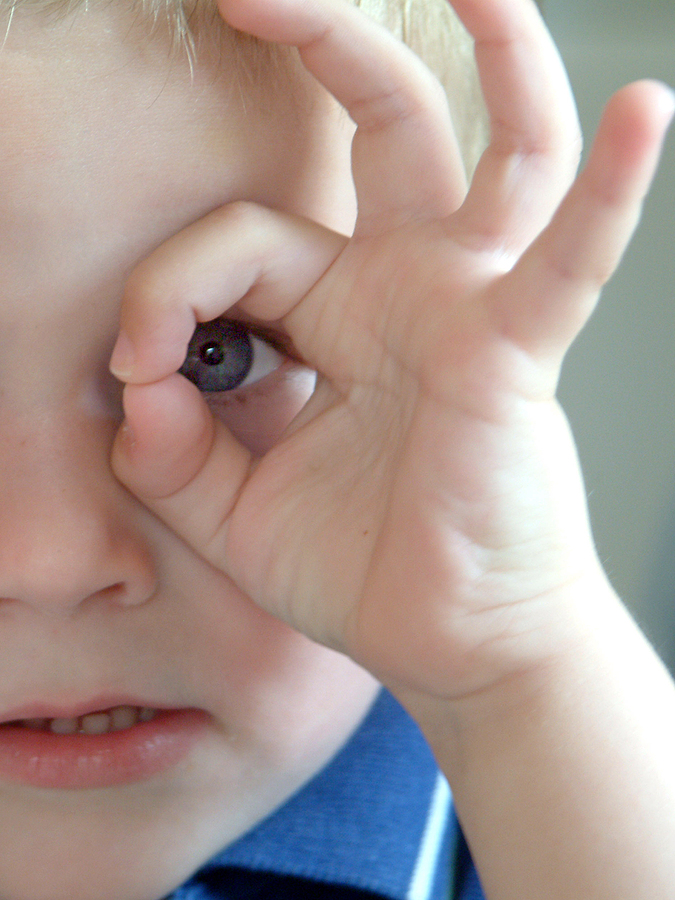Recently, I was meeting with a new potential client, and she talked about how her eyes hurt after reading, headaches, and overall eye strain. She also mentioned that her eyes are always jumping all over the page when she reads. I knew what she was talking about, and I shared the connection between dyslexia and eye issues for some people.
I’m cautious to even talk about this issue because at one point there were false facts created about curing dyslexia with eyeglasses and some vision exercises. While this was years ago this led to people being taken advantage of. Since then, many people in the dyslexic community have been hesitant to talk about eyes and dyslexia. I do think it should be mentioned and each person should explore this more and come to their own conclusions. I personally have never seen an optometrist or specialist about my dyslexia or used any of these programs. I have had clients that have, and they had varied results from these services.
Dyslexia, a learning difference mainly characterized by reading difficulties, often gets associated with struggling to decipher letters and words. While blurry vision can certainly contribute to reading challenges, the link between dyslexia and vision goes much deeper. This blog dives into the complexities of how vision problems can impact dyslexia and explores options for overcoming these challenges.
Vision Beyond Clarity: The Hidden Visual Skills Affecting Dyslexia
Up to 25% have vision and learning difficulties
The American Optometric Association estimates that up to 25% of children with learning difficulties have significant vision problems impacting their learning. The article from the AOA goes on to highlight that dyslexia may not just be about seeing letters clearly. Binocular vision issues, like problems focusing both eyes together or tracking moving objects, can significantly impact reading fluency and comprehension. Additionally, the “Beating Dyslexia” website mentions difficulties with eye teaming and coordination, which can disrupt smooth eye movements across text, making reading a tiring and frustrating experience.
Science Sheds Light on the Connection:
1,000 times a minute
Every time your eyes move while reading, you must refocus them. This can happen 1,000 times each minute for a dyslexic person. It’s no surprise that it’s exhausting and might cause eye strain.
“When reading, people without dyslexia look at roughly 150 points every minute. People with dyslexia, on the other hand, look at roughly 1,000, most of which are in the wrong place.
As a result, individuals expend a lot of mental energy filtering out the incorrect information. Then they won’t be able to comprehend what they’ve read due to a lack of processing power.” Per optometrists.org
The Science Daily article delves into the neurological side of the connection. It reports on a study linking specific brain areas responsible for vision and language processing in individuals with dyslexia. This finding reinforces the notion that dyslexia can be a combination of an eye issue with a neurological difference that can manifest in visual challenges.
Hope Beyond Diagnosis: Vision Therapy Offers Solutions (if this is part of the problem)
Despite the complexities, the AOA emphasizes that there is hope! They advocate for comprehensive vision evaluations, not just basic eyesight checks, to identify underlying visual skill deficits. Furthermore, the article on “Vision Therapy for Dyslexia Success Stories” showcases how personalized vision therapy programs can significantly improve reading fluency, accuracy, and overall academic performance in some dyslexic individuals.
Empowering Your Journey:
If you or someone you know struggles with dyslexia, this information can be empowering. Talk to your eye doctor about a comprehensive vision evaluation to explore potential visual contributions to the challenges. Remember, dyslexia is not a limitation, but a difference, and with the right support and interventions, individuals with dyslexia can thrive and achieve their full potential.
JoyGenea
Additional Resources:
- American Optometric Association
- Learning Disabilities Association of America
- The National Center for Learning Disabilities
- Minnesota Vision Therapy
Please note: This blog is for informational purposes only and should not be construed as medical advice. Always consult with a qualified healthcare professional for diagnosis and treatment of dyslexia or any other medical condition.
